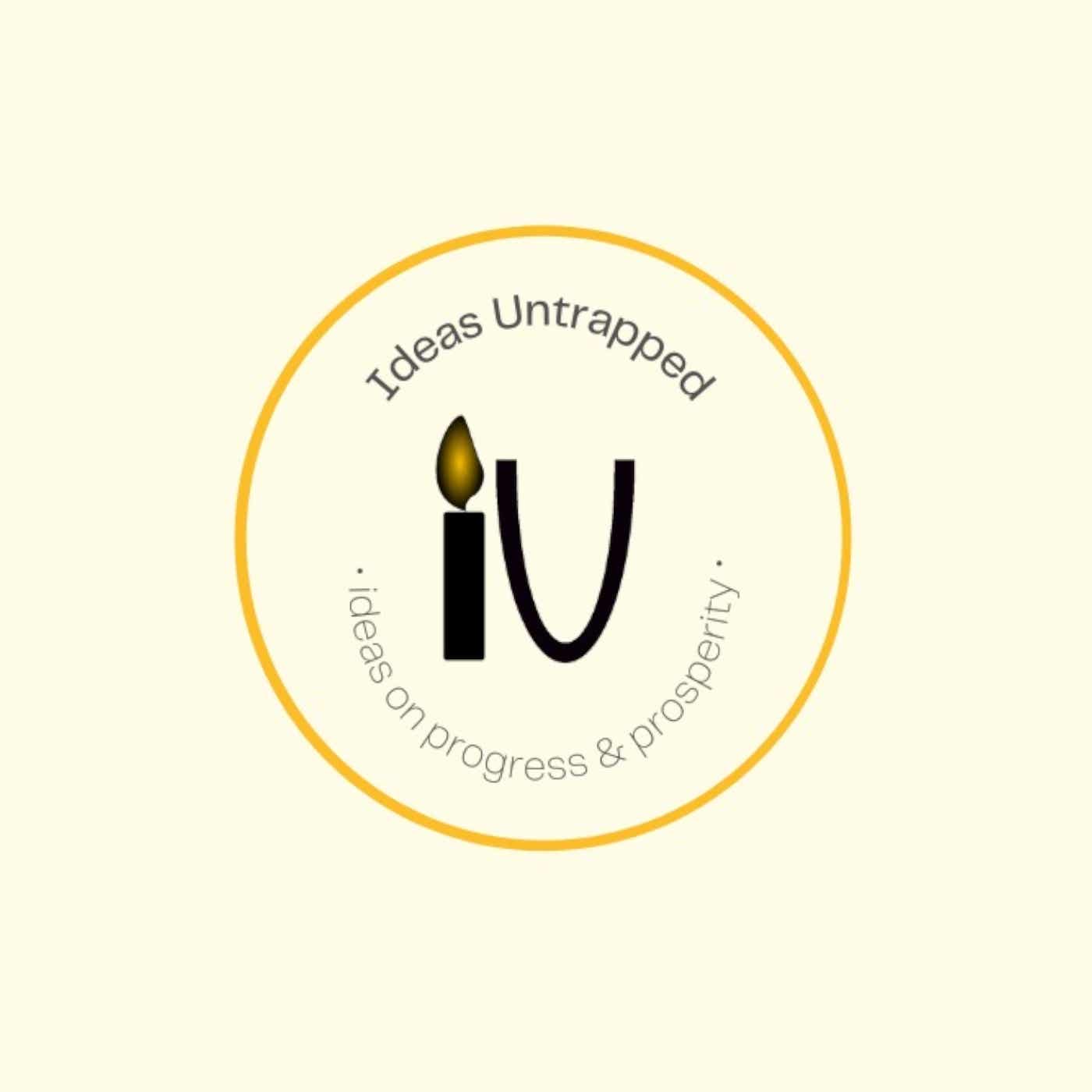TALKING SUPPLY CHAINS
Description
Supply chains have been in the news a lot lately - because there have been shortages of many important things like food, semiconductor microchips, heating and cooking gas, and even shipping containers. Prices of many commodities have gone through the roof because of these shortages, and policymakers globally are scrambling to find a solution especially with the holiday season coming around. I tried to unpack some of the issues with Decision Scientist Oliver Beige. We also revisit some of the themes from our last conversation (note that this was recorded before the new Omicron variant!). It is always informative to talk to Oliver, and many thanks to him for his time. The transcript for the conversation is available below for everyone.
TRANSCRIPT
Tobi;
My guest, who is making his second appearance on the show, is Oliver Beige. He is a decision scientist and, welcome back to the show.
Oliver;
[A] pleasure to be on your podcast.
Tobi;
Yeah. So, the last time we talk pretty much about the pandemic. Mostly about some of the predictions that experts were making about the patterns of infection, and fatality, and so many of the public health implications of that.
But one thing we are now seeing, that as is quite becoming so clear, is some of the other I should say secondary "effects" of some of the measures that were taken because of the pandemic policy-wise.
One metaphor you use which I like so much - it pumps my intuition in all the right ways - is like the lockdown is like telling half of the cars on the route to stop instantly and the other half to just speed right ahead.
You know, and there is a global shortage of so many things. Supply chain is so much in the news now, from shipping costs going up about over 400%, food inflation is high. It's crazy in Nigeria, India is experiencing hunger, poverty has definitely worsened for a lot of vulnerable demography. There is also the issue of joblessness, businesses have gone under.
Again, I'll ask you and this may seem like picking up from the theme of where we stopped the last time. Could some of these problems we are now seeing, which we are going to delve into, could it have been prevented?
Oliver;
Clearly, like most of the policy has been over the last year and a half were not taking this into account. And the analogy you're saying about half of the cars on the highway, like being forced to stop and the other half being forced to speed up - the situation in 2020 was basically a lot of people were calling for a complete shutdown of the global economy until we're done with fighting this virus.
I remember like the prominent German economist, I think, probably two [to] three weeks into the lockdown was making fun of the German government's decision to bring in asparagus harvesters - so [who] usually [do] not come from Germany, they usually come from Czech [Republic] or Poland.
This particular economist [was like] whatever, asparagus is not important enough, we cannot let people in that might bring in the virus or something like that. Of course, very, very, very quickly, we had massive problems on both food production and, of course, we had food shortages very, very quickly.
So we basically had harvests dying on the field, and shortages within the supply chain in between the production and the consumption of things. We have, like, abattoirs and [...], [...], and so on.
So we are very much into a severe food crisis very quickly, and always a predictable food crisis very, very quickly. And so then we had fairly massive measures taken in order to alleviate that [by] giving people money, at least, in the Western world here.
That seemed to have stopped it. And suddenly people had got the feeling really [that] the economy is working again, and we can still buy our car and we can still consume, and people had money to spend and use the money to buy products because there was not a lot of other things they could spend it on. The movie theatres were closed.
S
More Episodes
Published 04/27/24
In this episode, I had a conversation with economic historian Johan Fourie, who is a professor of economics at Stellenbosch University, and the author of one of the most enjoyable books on economic history called Our Long Walk to Economic Freedom. We spoke about the resurgence of economic...
Published 03/20/24
Published 03/20/24


